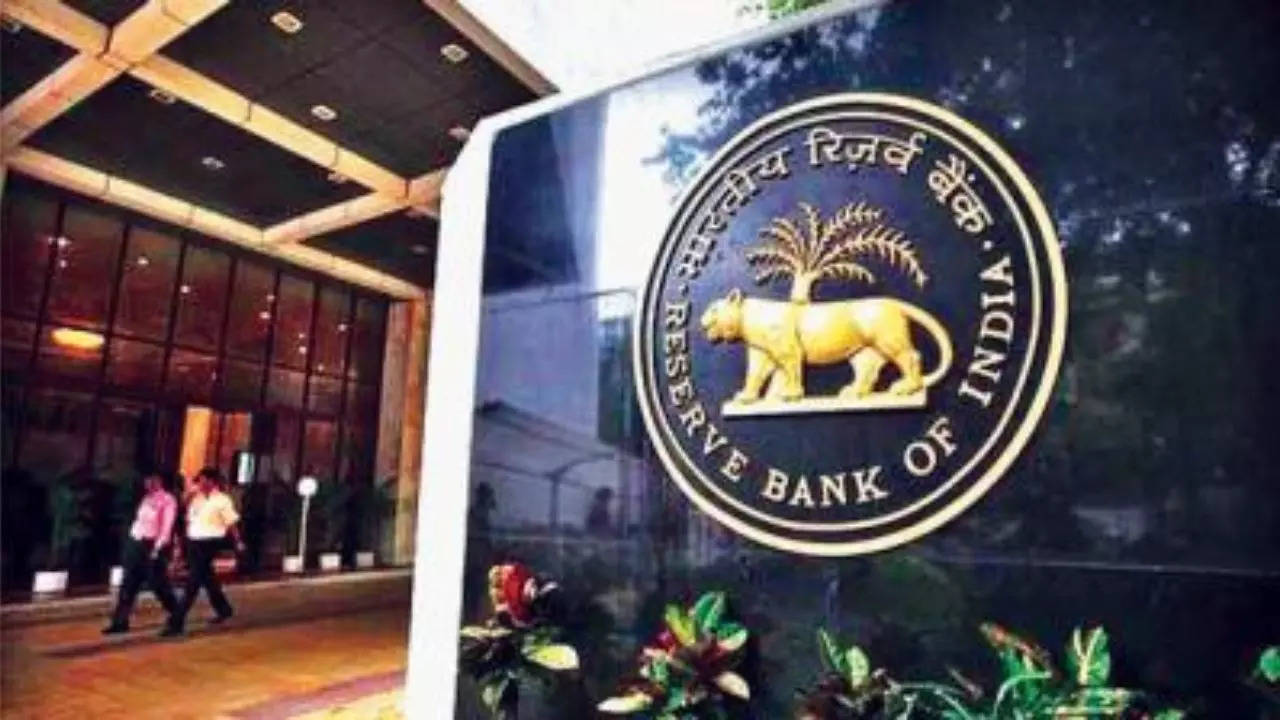

India-Mauritius Tax Treaty Update (Image Source: iStockphoto)
India and Mauritius have recently signed a protocol to amend their double-taxation avoidance agreement, signaling tighter scrutiny for foreign investors entering India via Mauritius. This move is expected to have significant implications for past investments, with experts warning that there may not be grandfathering provisions to shield them from the amended rules.
The amendment specifically aims to prevent relief under the treaty from indirectly benefiting residents of other countries. As a result, shareholders or investors in Mauritius entities, who predominantly hail from other nations, could face increased scrutiny.
According to The Economic Times report, one of the key changes introduced by the protocol is the requirement for investors to demonstrate that tax relief is not one of the principal purposes of their investment. This ‘Principal Purpose Test’ sets a higher threshold for commercial rationale compared to existing General Anti-Avoidance Rule provisions, according to experts.
Foreign portfolio investors (FPIs) based in Mauritius currently enjoy tax exemption on capital gains from derivatives transactions. However, under the amended protocol, they will need to prove sufficient non-tax justification and commercial rationale for their presence in Mauritius to claim treaty benefits.
The protocol’s amendment aligns with provisions of the Multilateral Convention to Implement Tax Treaty Related Measures, aimed at preventing erosion and profit shifting. Both India and Mauritius are signatories to this convention, which seeks to ensure multinational corporations pay a minimum level of tax on income generated in each jurisdiction where they operate.
The revised provisions are expected to have far-reaching consequences, particularly for investment vehicles dealing with debt instruments in India or investing in non-Indian companies with significant Indian subsidiaries. These entities will now face stringent requirements to satisfy the high threshold set by the amended protocol.
Furthermore, the favorable dividend withholding rate provided for in the treaty (5 per cent) could also be affected by these changes, according to experts.




























